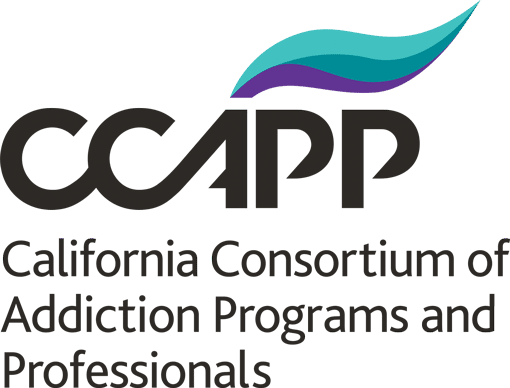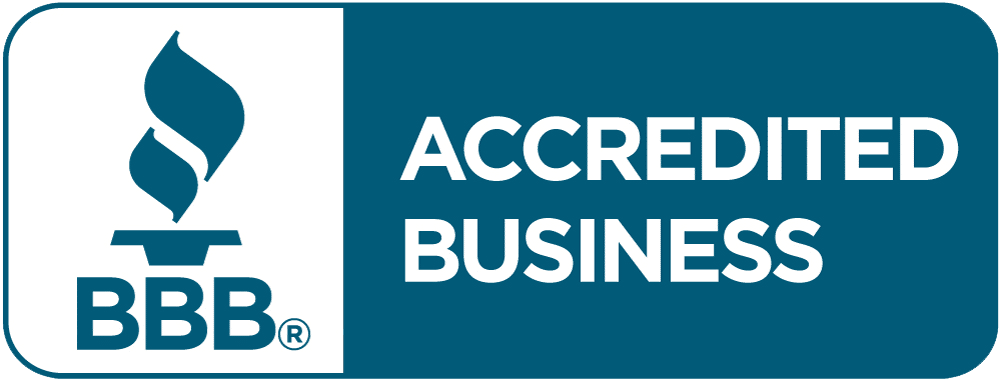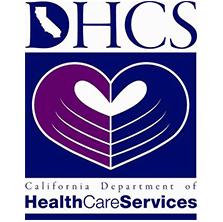
Medically supervised detoxification, commonly known as detox, plays a pivotal role in overcoming substance abuse. This comprehensive process operates effectively under the vigilant care of medical professionals, guaranteeing the safety and well-being of individuals as they navigate withdrawal symptoms and embark on their journey to recovery.
Keep reading to learn the significance of medically supervised detox, its benefits, the substances it covers, and the multifaceted approach it employs to pave the way for successful rehabilitation.
What Is Medically Supervised Detoxification?
Medically supervised detox is a carefully managed process where people stop using addictive substances under the watchful care of medical experts. The main aim of this detox is to ensure the safety and well-being of individuals during the challenging withdrawal phase. It’s particularly beneficial for those who’ve used a lot of substances, those who might face tough withdrawal, or those with health issues that could make detox harder.
Features
Here are the key features of a medically supervised detox:
Medical Oversight
During medically supervised detox, people receive continuous care from medical experts like doctors, nurses, and addiction specialists. These experts know how to handle withdrawal symptoms, monitor vital body signs, and step in if anything goes wrong.
Personalized Treatment Plans
Each individual’s detox treatment needs are different. Medical experts will make a detox plan just for you, considering what substances you use, your medical history, your health, and any other health problems. This way, the detox process is safe and works well for you.
Withdrawal Symptom Management
The primary challenge during detox is grappling with withdrawal symptoms, which can range from mild discomfort to severe and potentially hazardous conditions. Doctors might give you medicine to alleviate the intensity of these symptoms, promoting your overall well-being throughout the process.
Medical Interventions
Sometimes, people undergoing detox might experience complications or extreme withdrawal symptoms and need medical help. Rest assured, the experts know what to do in emergencies and can give you the right treatment to keep you safe.
Psychological Support
Withdrawal can take a toll on your mental and emotional well-being. Doctors and counselors might give you emotional support to help you cope with feelings of anxiety, sadness, or distress.
Safe Environment
Medically supervised detox typically occurs in a controlled medical setting, such as a hospital, detox center, or addiction treatment facility. This controlled environment ensures that medical help is readily available in emergencies.
Steps Involved in Detoxication
Detoxification removes harmful elements like drugs and alcohol from the body and is critical at the start of treating substance abuse. The process depends on your substance usage, health, and where you’re getting treated. Here’s how detoxification usually goes.
Assessment
First, experts examine your health, substance use history, and other health issues. This investigation helps them devise a detoxification plan and determine whether patients need medical help.
Preparation
You might have to stay in a detox or medical center for medical care. The practitioners will go beyond the initial assessment to create a precise detox plan that aligns with your unique needs and circumstances.
Stabilization
The goal is to help you get steady and free from substances. Medical experts may give you medicine to manage withdrawal symptoms and help you feel better. The therapy depends on what substance you’re detoxing from.
Medical Monitoring
Medical staff will closely monitor your vital body signs while you’re detoxing. The monitoring factors include your heart rate, blood pressure, body temperature, and how fast you’re breathing. These insights will help them notice any problems or issues that might arise.
Emotional Support
Dealing with the emotional aspects of withdrawal is a fundamental component of detoxification. Professionals may engage in discussions or conduct therapy sessions to assist you in navigating the complex array of emotions that can arise during the process.
Eating and Drinking Right
It’s crucial to eat well and stay hydrated while you’re detoxing, as it helps your body heal. Experts recommend consuming nutritious foods and ample fluids to aid in the detoxification journey.
Reducing Slowly (If Needed)
Sometimes, quitting a substance too quickly may pose some risks. In these cases, experts will lower the amount of substance you use bit by bit. This reduction helps make withdrawal more manageable and less risky.
Finishing and Moving On
Once detox is done, you might move on to more treatment for substance issues. This diagnosis could mean therapy, counseling, and other strategies to address the root causes of addiction and promote lasting recovery.
Substance Coverage
Medical detox isn’t only for specific substances. It works for many things like alcohol, opioids, benzodiazepines, stimulants, etc. The plans and medicines used might change depending on the substance, but the main goal is to make sure you move safely and with support towards being sober.
Alcohol Withdrawal
Withdrawing from alcohol can be especially tough and, in severe situations, even dangerous. When medical experts supervise alcohol detox, they might prescribe benzodiazepines to handle things like shaking, seizures, anxiety, and confusion.
Opioid Withdrawal
Withdrawing from opioids can be uncomfortable and might discourage individuals from seeking help. Medical detox programs might use medicines like methadone, buprenorphine, or naltrexone to ease withdrawal symptoms and cravings. Doctors give these medicines while watching over you, making detoxing easier.
Benzodiazepine Withdrawal
Benzodiazepines, often used for anxiety and sleep issues, need a slow reduction plan to avoid intense withdrawal symptoms. In medically supervised detox, medical experts create a procedure that slowly lowers the dose of the benzodiazepine, ensuring a safer withdrawal process.
Stimulant Detox
Detox for stimulants is made for people struggling with substances like cocaine or amphetamines. Even though there aren’t medicines just for stimulant withdrawal, medical detox can help with managing feelings of depression, fatigue, and drug cravings, providing valuable support during the recovery process.
Prescription Drug Detox
Some prescription drugs, such as certain antidepressants and antipsychotics, can also lead to dependence. Medical detox for these substances might involve adjusting dosages or transitioning to alternative medications under medical supervision.
Other Substances
Detox plans can also be helpful for other substances like cannabis, hallucinogens, and designer drugs. The actual procedure will depend on what substance it is and the withdrawal symptoms it might cause.
Inpatient vs. Outpatient Detox
You can undergo medical detox by staying in a medical center (inpatient) or visiting (outpatient). Inpatient means you’re in a controlled environment with doctors all the time. This method is suggested if withdrawal is difficult or you have health issues. Outpatient is more flexible and might work if withdrawal is less intense and you have strong support at home.
Outpatient Detoxification
Outpatient detox is a way to help people recover from substance abuse with medical care and support while they still live at home. It’s different from inpatient detox, where people stay in a treatment facility. With outpatient detox, you go to a hospital or a treatment center for sessions on certain days, usually every day except weekends.
Advantages
- Cost-effective: Outpatient detox programs are usually cheaper than inpatient programs.
- Minimal Disruption: People in outpatient treatment can keep up with their usual routines, like work and family, with less interruption.
- Built-in Support: Many outpatients get extra support and motivation from friends and family during detox.
- Independence: Outpatients still feel independent and free since they can continue their daily lives while getting treatment.
Disadvantages
- Higher Relapse Risk: Proximity to alcohol and reduced supervision can increase the risk of relapse for outpatients.
- Missed Appointments: Some people might miss appointments, which can mean not finishing treatment and not getting the best results.
- Not for Severe Cases: Outpatient detox isn’t suitable for people with tough withdrawals or specific health problems.
Inpatient Detoxification
Inpatient detox is a complete way of handling alcohol withdrawal in a safe and supervised place. It’s different from outpatient detox, where you go to a treatment spot for sessions. In inpatient detox, you stay in a hospital or unique detox center the whole time you’re detoxing.
Advantages
- Constant Medical Supervision: Inpatient patients are continuously observed by medical professionals, allowing quick response to any withdrawal-related problems.
- Handling Severe Cases: The facility’s medical staff and equipment are equipped to manage severe withdrawal symptoms effectively.
- Controlled Environment: Inpatient care stops people from acquiring substances, making it less likely they’ll return to using them, and gives them a controlled place to get better.
- Uninterrupted Focus: Patients can concentrate entirely on their recovery without the distractions of daily life.
Disadvantages
- Higher Cost: Inpatient detox costs more than outpatient options, which can pose challenges for some people.
- Dependency on Staff: Extended stays in a facility can make people rely too much on hospital staff and not learn to do things themselves.
- Disrupted Routine: The need to remain at the facility can disrupt usual routines, such as work and relationships.
Rehabilitation
After the detox procedure, there’s a phase called rehabilitation (rehab). This stage focuses on addressing the mental, emotional, and behavioral aspects of addiction. In rehab, the goal is to help people understand the root cause of their addiction, acquire coping mechanisms, and gain the ability to live without using substances.
Critical features of rehabilitation programs include:
Therapeutic Interventions
Rehab has proven therapies such as talking one-on-one, talking in groups, cognitive-behavioral therapy (CBT), and dialectical behavior therapy (DBT). These therapeutic approaches help individuals identify the triggers behind their substance use, develop healthier coping strategies, and cultivate a positive mindset.
Education
During rehab, people learn about addiction, how to stop returning to it, and how substances affect the body and mind. This knowledge can help you make intelligent choices and become more resistant to relapse.
Supportive Environment
Rehab centers provide a structured and supportive environment that allows individuals to focus solely on their recovery. Peer support, group therapy, and interactions with others in similar situations contribute to a sense of community and understanding.
Holistic Approaches
Many rehab programs include holistic therapies like art, mindfulness, yoga, and exercise. These holistic elements contribute to overall well-being, addressing not only the addiction itself but also nurturing the physical, emotional, and spiritual dimensions of recovery.
Aftercare Planning
In a rehab program, a prominent part is preparing for life after treatment and planning for what comes next. This procedure will include continued therapy while living at home, joining support groups, and finding ways to stay sober in everyday life.
Faith-Based Addiction Treatment
Faith-based addiction treatment can help people who grapple with guilt and despair during the detoxification process. This approach provides crucial support, inspiration, and direction. Here’s how faith-based methods can aid in the detox journey:
Including Faith
Integrating faith-based principles into detoxification offers a holistic pathway to recovery. This treatment can help you connect with your beliefs and faith to confront the emotional and psychological challenges associated with addiction and detox.
Christian Addiction Counselors
Christian counselors specializing in addiction play a pivotal role in the treatment team. They provide compassionate guidance and support, leveraging their expertise and shared faith to address the physical and emotional aspects of detox from a spiritual perspective.
Reconnecting with Faith
During detox and recovery, individuals might feel disconnected from their faith due to the impact of addiction. Faith-based addiction treatment can help you reconnect with your spiritual beliefs, providing a sense of purpose and hope that supports the recovery journey.
Case Managers and Support Staff
Christian case managers and support staff well-versed in addiction recovery can offer practical assistance while addressing individuals’ spiritual and emotional needs. This comprehensive approach can help you regain your self-worth and overcome shame and guilt.
Spiritual Healing
Faith-based addiction treatment can emphasize spiritual healing alongside physical healing. Engaging in prayer, meditation, scripture study, and group discussions can provide you with tools to navigate challenging emotions and develop a sense of inner peace.
Community and Fellowship
One of the strengths of faith-based programs is the sense of community and fellowship they offer. Connecting with peers with similar beliefs can create a supportive environment where you can openly discuss your struggles and receive encouragement.
Hope and Transformation
Adding faith and spirituality to detox helps you see that your past mistakes don’t make you who you are. Instead, it offers a path to hope and transformation through the journey of faith.
Medical detox is an essential part of recovery from substance use. When combined with a well-structured plan and the support of faith-based addiction treatment, individuals can detox effectively and embark on a journey toward lasting recovery.
If you or someone you know is seeking help and a brighter future free from the grips of addiction, consider reaching out to Christian’s Drug Rehab. Our specialized faith-based approach can provide the guidance and support needed to overcome substance abuse and build a better life. Contact us to take the first step towards a healthier, more promising future.












